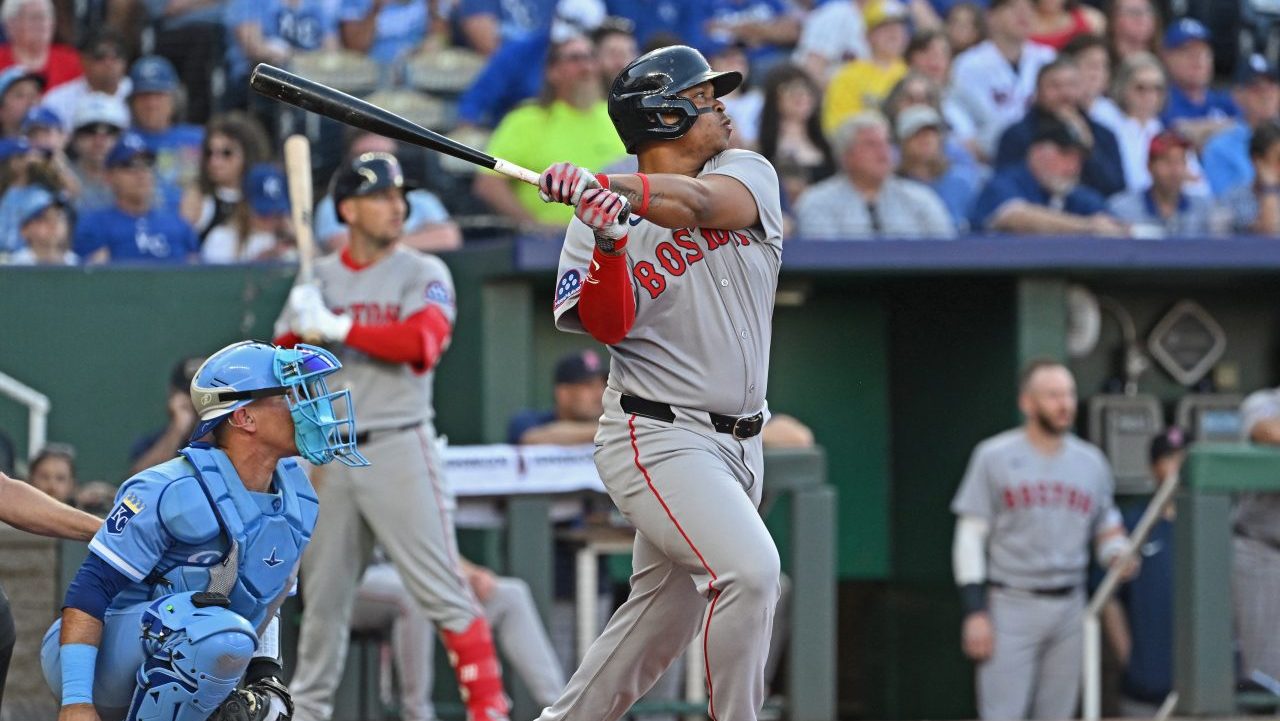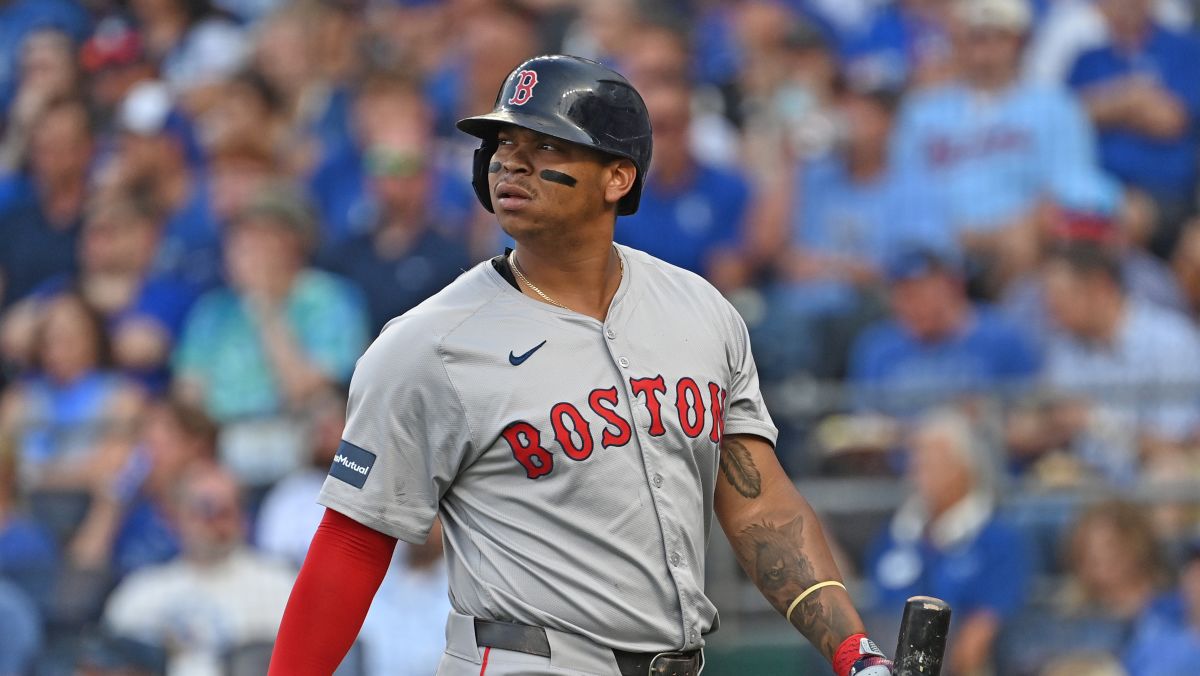BOSTON -- Just as a batter can subconsciously play to avoid losing, rather than to win, a manager can operate with a fear of failure. Such an unwitting approach may have contributed to John Farrell’s downfall, and is an area where Alex Cora can set himself apart.
A lot has been written about the value of authenticity in leadership. It’s one thing to have the charisma and conviction needed to land a position of power. It’s another to take over a pressure-cooker job, like manager of the Red Sox, and carry the fortitude to stay true to yourself, continue to let those qualities shine.
Cora did not appear to pull any punches in his days with ESPN. The 42-year-old engaged in Twitter debates with media members and fans. And throughout his baseball life, he showed his colors.
Via Newsday’s Dave Lennon, here’s a scene from 2010 when Cora was with the Mets:
Last year, Cora spoke out against the league office's rule requiring minorities always be interviewed.
Perhaps most interesting of all, when Chris Sale cut up White Sox jerseys, Cora was Dennis Eckersley-like in his assessment:
Boston Red Sox
Find the latest Boston Red Sox news, highlights, analysis and more with NBC Sports Boston.
“What he did is not acceptable,” Cora said of Sale. “If I’m a veteran guy, I’m going to take exception. if I’m a young guy, I’m going to take exception. Because as a young guy on a team that is actually struggling right now, somebody has to show me the ropes of how to act as a big leaguer. And this is not the way you act as a big leaguer. Forget the trades, forget who you are.
“What you do in that clubhouse, you got to act like a professional. And that’s one thing my agent, Scott Boras, used to tell me when I got to the big leagues: act like a professional. Chris Sale didn’t do it. He’s not showing the veterans that you respect the game. He’s not showing the rookies how to be a big leaguer, and that’s what I take exception to.”
Take out Chris Sale’s name from the above quotation and insert David Price’s. Describes Price's incident with Eckersley perfectly, doesn't it?
Now, no manager can say what they’re really thinking all the time. Cora’s not in the media anymore. His new job description is different.
But when you consider the great success of Terry Francona -- and why he succeeded in this market beyond simply winning -- what stands out is how comfortable Francona appears in his own skin. How genuine he seems.
There is a way to acknowledge, as a manager, when something is off. A way to do so gently but genuinely. A way to say what you feel -- and a way to say what you feel must be said -- while operating without fear of the players you manage.
Ultimately, most every comment Francona makes is intended to shield his players. But Francona shows his personality as he goes (or if you want to be a bit cynical, he sells his personality marvelously). Those little self-deprecating jokes -- he charms the hell out of everyone. The media, the fans. The Cult of Tito has a real following, because he feels real. Because he is real.
Farrell was not fake. But he did have a hard time letting his personality come across consistently, to his detriment. He was reserved, in part because that just appeared to be his nature. But the job must have, with time, forced him to withdraw even further. As everything Farrell said (and did) was picked apart in the market, it likely became easiest just to play it safe in every facet -- speaking to the media, speaking to players.
The Sox’ biggest undertaking in 2017 seemed to be a nothing-to-see-here campaign. It was all fine. No David Ortiz, no home runs, no problem. Manny Machado was loved. The media was the problem, not any attitude or attitudes inside the clubhouse. Base running was a net positive -- you name it, none of it was ever tabbed as a problem publicly by the manager, or anyone else.
A perpetually defensive stance was the public image. Issues were never addressed or poorly defused, so questions always lingered.
Maybe Cora cannot admonish Sale as he did a year ago now that he’s managing Sale. Not publicly, anyway. But even as a quote-unquote player's manager, the job still requires authority, which should be doled out just as it was earned: through authentic comments and actions.
"My job as the manager is to set the culture, the expectations, the standards, the baseball," Cora’s present boss, Astros manager A.J. Hinch, said the night the Astros clinched the pennant. "It's the players' job to develop the chemistry.
“And obviously good teams always say that, we want chemistry, and what comes first, the chemistry or the winning. But when you have it, you want to hold on to it as much as possible . . . We've got a good thing going because we have one common goal, we have one common standard, and that's to be your best every day."
Cora has to remain true to his best, too -- not what he thinks, and hears, and reads, people want his best to be.




